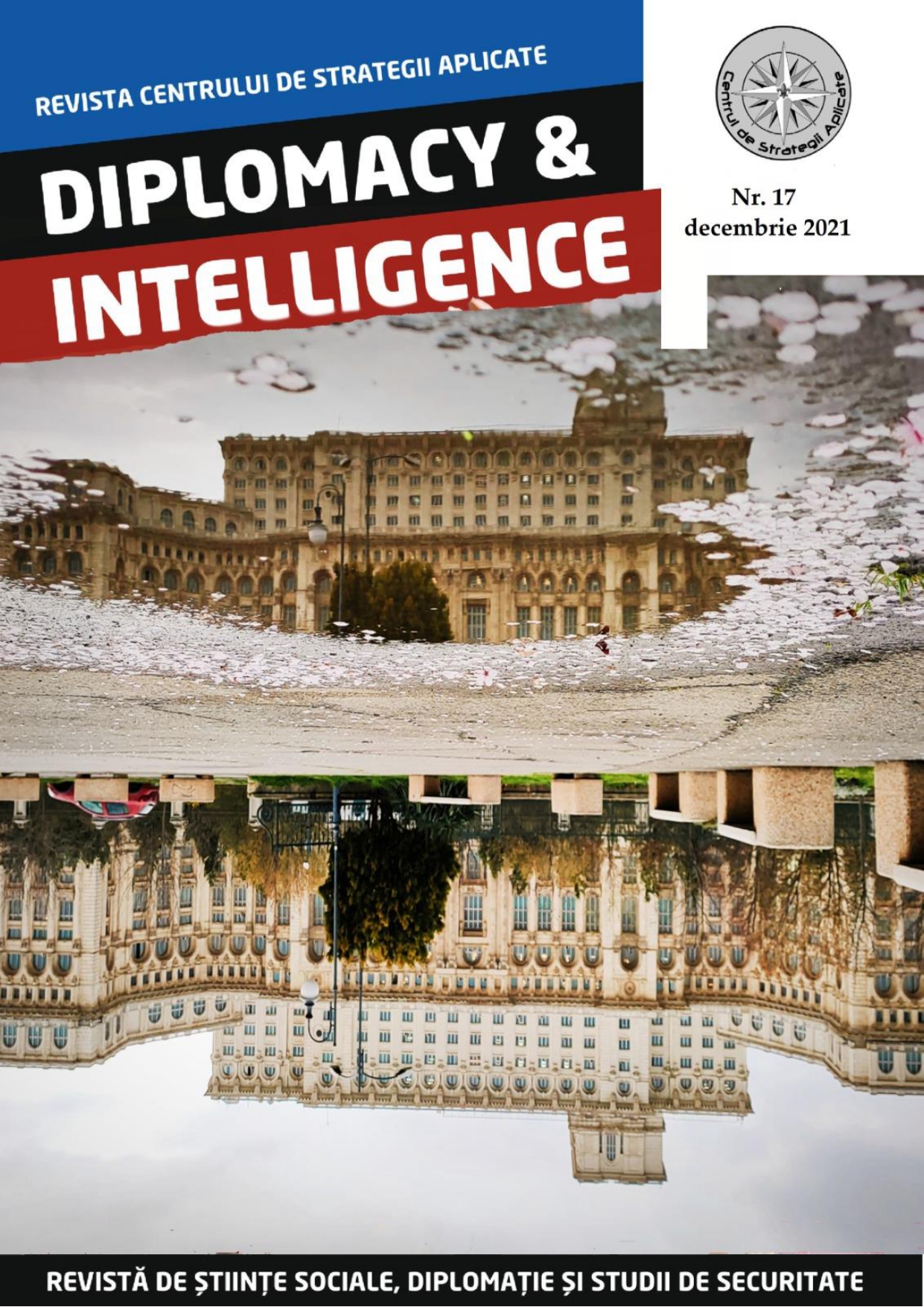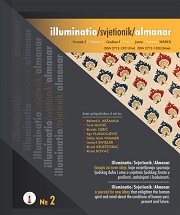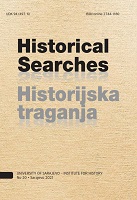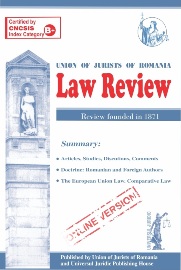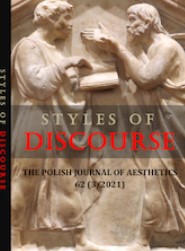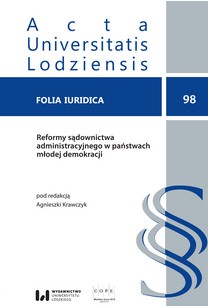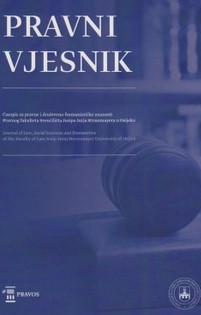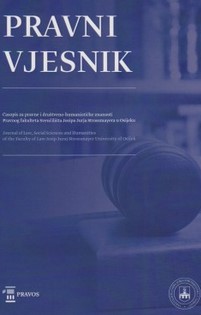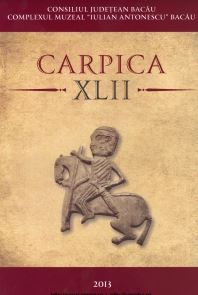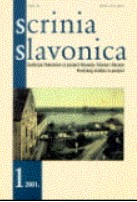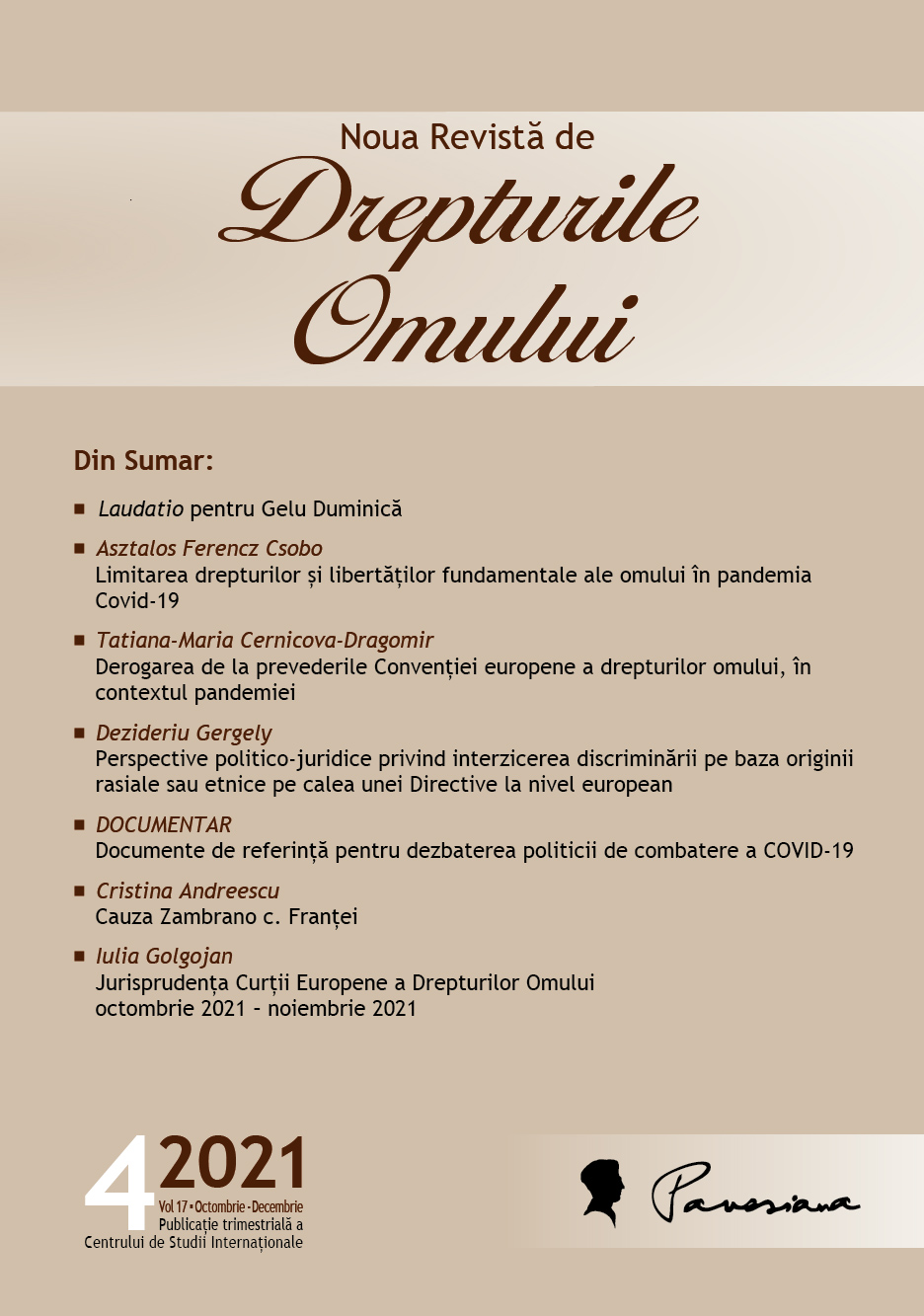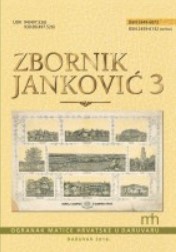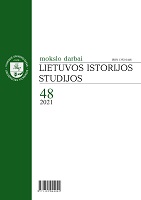Author(s): Vjenceslav Herout / Language(s): Croatian
Issue: 3/2018
The creation of every village should be considered its birthday and be celebrated. In each village there was a change of generations, it grew on everyone regardless of its look and it was the thing of fondness in their memories. Unlike the inhabitants of many villages who do not know the time when their village was created, in the case of Luisendorf (Ljudevitino Selo, Lipovac), that is not so. Its creation is compared to labor, but it is a mild comparison. Whilst labor is measured in hours, the birth of Luisendorf as a village of free families, lasted more than three decades. Luisendorf was, after the abolition of serfdom, was founded by the poorest Czech settlers, those who had insufficient money to buy a steamboat city into the „promised land” of America. Instead, the state authorities of the Habsburg Monarchy, which consisted of the Croatian and Czech lands as well, directed the migration towards the „Hungarian lands” where, because of Ottoman rule which lasted until the end of the 17th century, there was a lot of land left which needed to be cultivated first and put into use of farming production. In the wider Daruvar area, until the mid-19th century there still remained a property of the noble family of Janković. Even though serfdom was abolished in 1848, the Janković family held onto a portion of their property, but they needed to find workers to work on that land. They were found among the settled men by Julije Janković. They could create a settlement and rent a portion of the workable and non-workable surfaces. The rental agreements still primarily protected the rights of the landlord. The result of such interactions was that, after a few years, all the families which founded Luisendorf left it. The birth of Luisendorf was long and painful, lasting more than three decades.
More...
